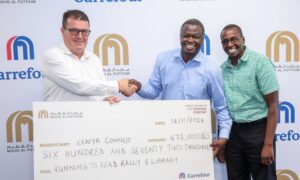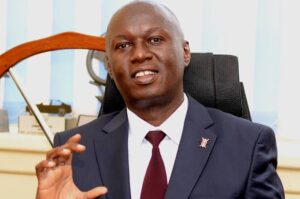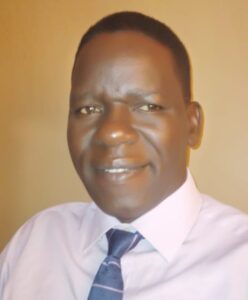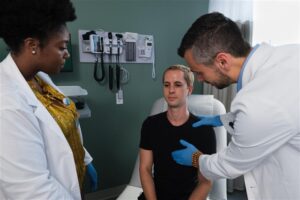Sorghum: The Golden Crop Transforming Mwea’s Semi-Arid Lands
In the heart of Mwea, where the land is often parched and the elements unforgiving, a remarkable transformation is unfolding—one that could change the fate of many farmers in this semi-arid region. The golden crop that is driving this change? Sorghum.
With 77% of Mwea’s land classified as semi-arid, the region has long faced challenges related to food security and economic instability. However, in recent years, sorghum farming has emerged as a lifeline, offering both resilience to the harsh climate and substantial economic returns for farmers.
“Farmers in Mwea have always had to contend with unpredictable weather, but sorghum has proved to be a game-changer,” said Mary Maingi, Member of Parliament for Mwea. “Thanks to initiatives that provide seeds and a guaranteed market through our partnership with Kenya Breweries Limited (KBL), farmers are seeing hope where there once was only hardship.”
The collaboration between local farmers and KBL has been pivotal. The brewery company purchases sorghum directly from farmers, providing them with a reliable source of income and encouraging them to scale up production. This partnership has not only bolstered local economies but has also improved the lives of many farmers who previously struggled with crop failure or low returns from traditional farming.
“As a representative of this region, I am proud of the strides we are making. This is not just about food security; it’s about creating opportunities for economic empowerment. Sorghum farming is making it possible for our farmers to thrive, and that success resonates throughout our entire community,” said Maingi.
The ongoing rains have brought optimism to Mwea’s farmers, as they look forward to yet another fruitful harvest. The region’s growing success story highlights the power of innovation, strategic partnerships, and resilience in the face of climate change.
Sorghum, once seen as a secondary crop, is now at the forefront of Mwea’s agricultural renaissance, proving that with the right support, even the most challenging environments can foster prosperity.
“Sorghum is not just a crop; it’s a symbol of the future we are building in Mwea—a future where agriculture thrives, where poverty is reduced, and where our people are empowered to create their own prosperity,” Maingi added.
As the harvest season approaches, there is a palpable sense of hope and excitement among the farmers of Mwea. Through their hard work, determination, and the invaluable support of strategic partners, Mwea’s semi-arid lands are transforming into a thriving agricultural hub, one that is setting an inspiring example for other regions facing similar challenges.





